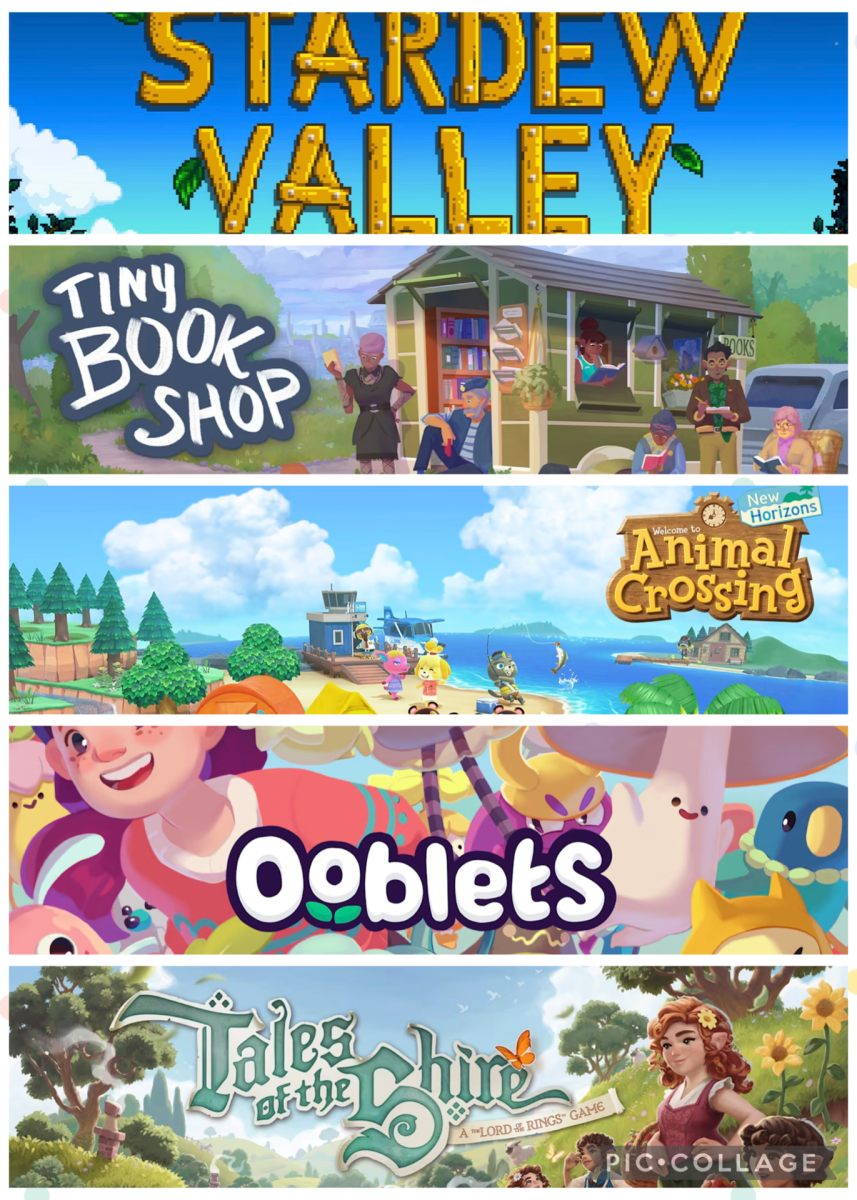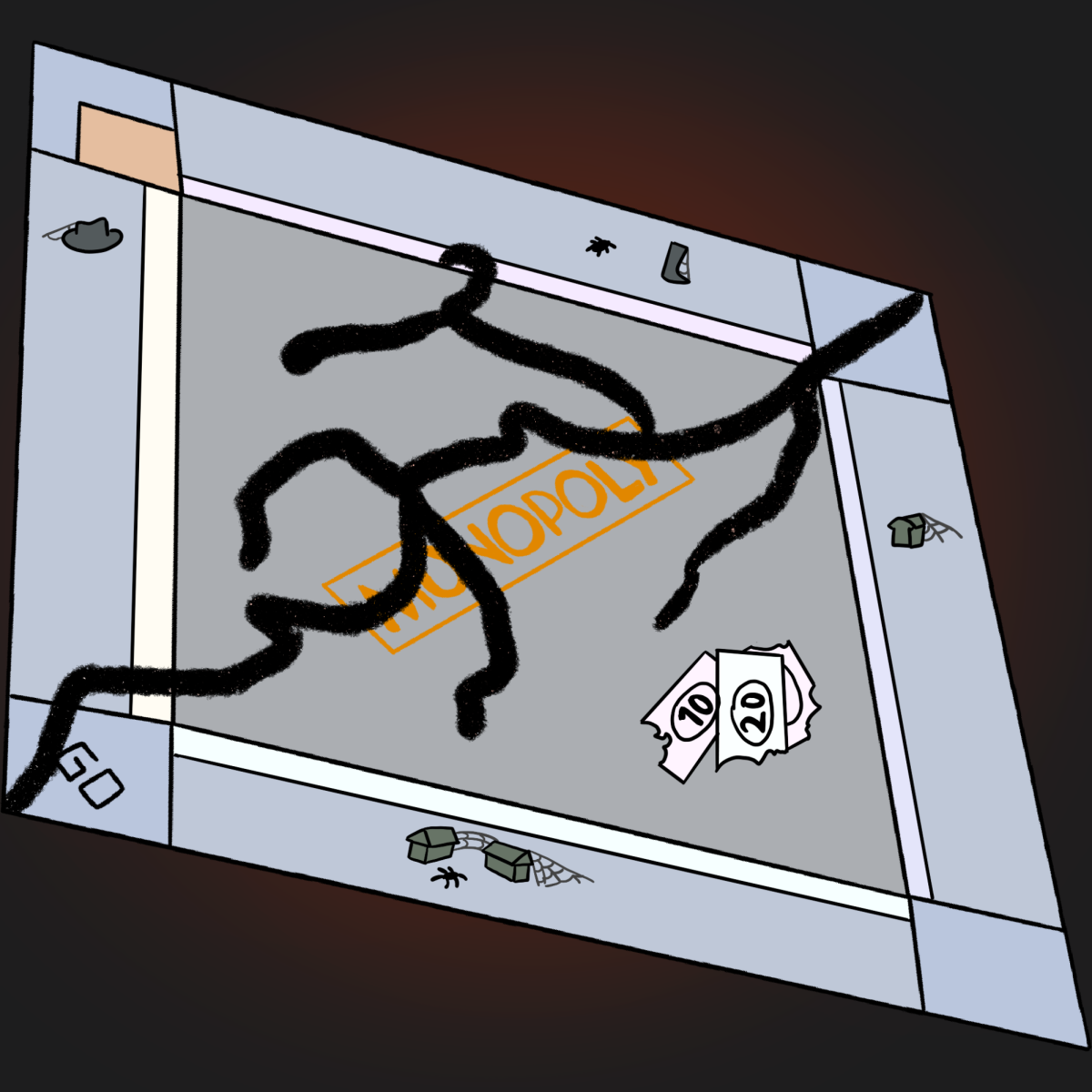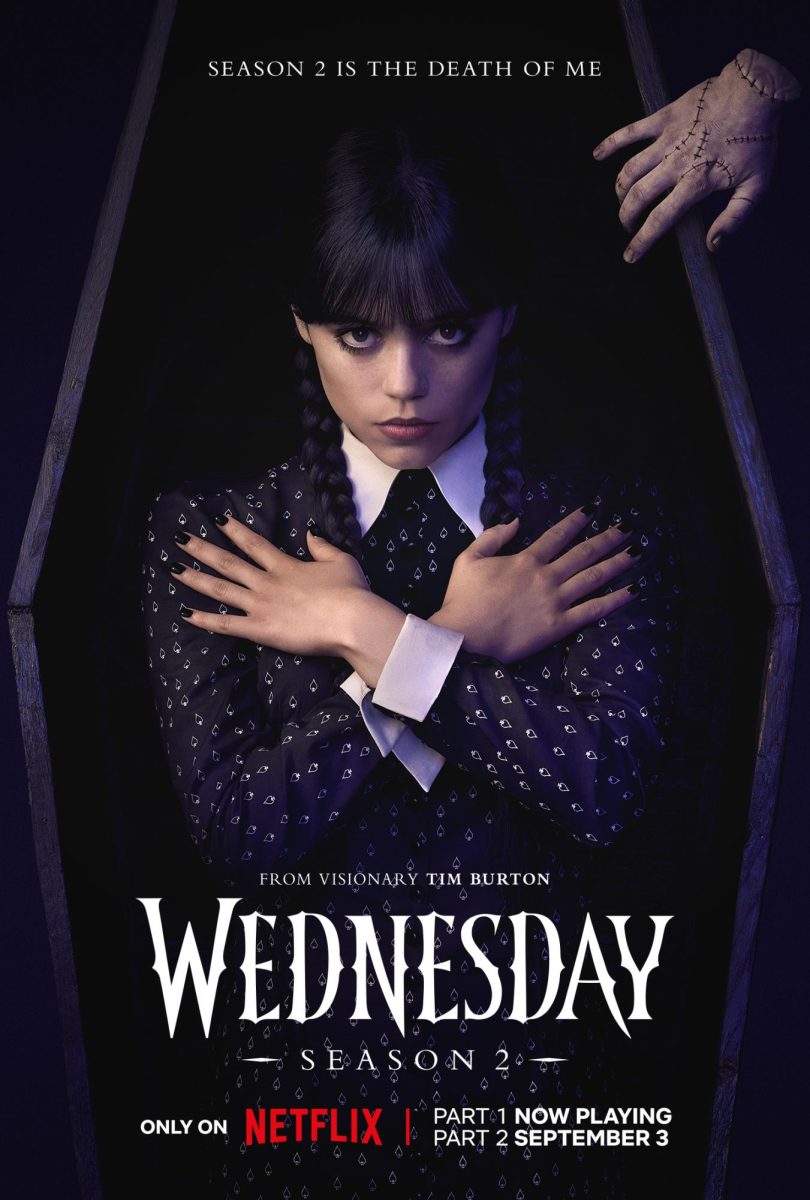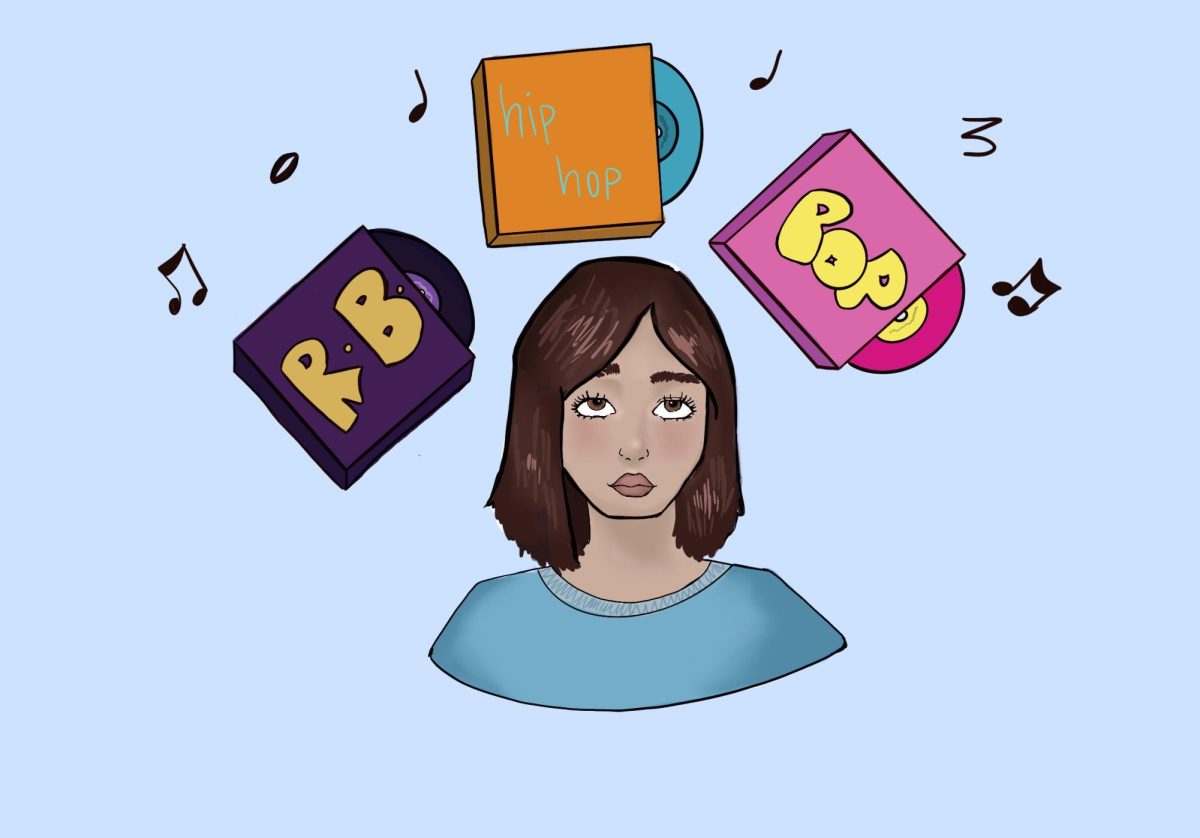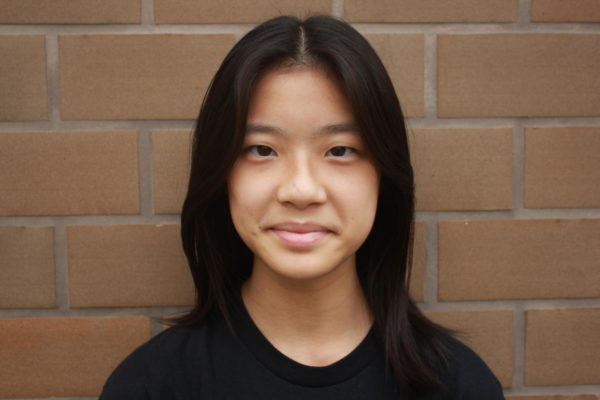
K-pop group TOMORROW X TOGETHER (TXT), best known as the first K-pop group to perform at Lollapalooza and the first BigHit Entertainment boy band after BTS, released their first album of the year on April 1, celebrating the group’s five-year anniversary.
Titled “minisode 3: TOMORROW,” the album acts as a culmination of themes tackled throughout the group’s musical history, attempting to tell stories of friendship, love, desire and the hope of adolescence through its six tracks. Considering that many fans are similar in age to the group members and, thus, can often empathize with the group’s experiences in the themes above, TXT had the potential to connect with fans on a more personal level.
Starting off the album with “I’ll See You There Tomorrow,” TXT misses the mark. The group sings, “There’ll be no more sorrow, I’ll see you there tomorrow,” describing how hope for the future can overcome the disappointment of the past.
Possibly attempting to compliment the track’s themes on the future and appeal to an American audience, “I’ll See You There Tomorrow” relies on a series of flickering electronic beats to mimic a futuristic feeling. However, instead of meshing well, the song’s melody distracts from the tone of its message. Rather than providing a space for listeners to contemplate the importance of hope in ultimate growth, its techno-like glitches, comparable to the background noise you’d find in a retail clothing store, take away from the weight of the message and leave readers hyperconscious of the song’s cacophony.
The third track, “Deja Vu,” thankfully compensates for the incompetence of “I’ll See You There Tomorrow.” As the album’s lead track, “Deja Vu” revolves around the familiarity of a certain partner (referred to as TXT’s fanbase in concerts and “shining like a bride” in the track itself) and their ability to bring strength to TXT during hardship; they sing, “The sadness we shared is my clarity / Is by your tears / Oh, even when I’m falling, you’re all I need.” To express the intensity of that hardship, the group relies on rage and emo influences to craft a rushing, thunderous beat. In fact, the track strengthens that rush further with a siren that couples the song’s concluding moments.
Unlike “I’ll See You There Tomorrow,” the melody of “Deja Vu” compliments the track’s story well. As they sing, “My future is you / Under the veil of light / I’ll hug you tight, who’s shining like a bride / Like déjà vu,” TXT connects the past and present through the déjà vu that arises in reuniting with a former partner (in this case, through marriage). As TXT waits “amidst the ruins,” “in the flaming rain,” they’re lured to the light that is their partner and, by extension, future. Analogous to the rush of running to hug a partner after a period of separation, TXT hastens to hug their partner, using the track’s rush to convey its message.
Though the strong compatibility between melody and message sets “Deja Vu” as nearly the strongest track of “minisode 3: TOMORROW,” the track just misses first place because of the slight mundanity in its melody; the musical feeling of this track is comparable to the rage-like influences that you’d find in songs by ATEEZ, Stray Kids or any other K-pop boy band that goes for the teenage-angst feel, which inevitably scares away non-K-pop listeners under the argument of “sounding the same” as any other K-pop song.
Triumphing over “Deja Vu” and claiming first place is “The Killa (I Belong to You).” This fifth track of the album adopts afrobeat influences to weave together smooth, acoustic lilts with gentler vocals in a swaying serenade. Like “Deja Vu,” the track does well with matching its melody to its themes, using the blending and slurring rhythms, which are characteristic of afrobeats, to convey that TXT is infused with the drug that is their partner’s love. As TXT sings, “Your reign on me is so sweet / I’m crazy, give myself up for you / A common saying, “I love you” / Instead, “I belong to ya,” the song transforms from simply a serenade into a hymn for their lover — a devotional piece of obedience to the seductive, but dangerous (hence “killa”), love that they receive from their partner.
“The Killa (I Belong to You)” proves itself as a worthy competitor not only by achieving the perfect melody-message match, but also by inviting non-K-pop listeners to give the genre a shot. Deviating from the typical musical style of K-pop songs, “The Killa (I Belong to You)” uses the rising popularity of afrobeat music, which includes songs like “Water” by Tyla, to not only lure in non-K-pop listeners but to also introduce K-pop veterans to a new style of music.
The remaining two tracks of TXT’s newest release, “Miracle” and “Quarter Life,” comfortably tie for third place. In terms of introducing new themes, the two tracks banally fall in suite with messages from the rest of the album; “Miracle” centers around the hope that radiates from their partner in difficult times, and “Quarter Life” discusses the darkness of the present, albeit through a different lens — the rude awakening that approaches out of adolescence.
Though the two tracks lacked in thematic value, they somewhat compensated with their melodies. Unlike “The Killa (I Belong to You),” their melodies weren’t particularly distinct from most in K-pop history. However, the two performed well in connecting with experienced K-pop listeners through reintroducing a nostalgic style of music that modern artists largely grew out of.
In the current age of K-pop, many artists avoid the softer and contemplative tone that characterized songs like “Save Me” or “Butterfly” by BTS, attempting to appeal to the rebellious and pungently youthful tone that stereotypes the American musical environment. Thus, “Miracle” and “Quarter Life” serve as a reminder to K-pop listeners of what the genre used to sound like. Considering that many long-term listeners began listening to K-pop since their early childhood, that nostalgia is only strengthened. However, the only pitfall is that newer listeners of the genre may have a hard time harvesting that remembrance.
Though “minisode 3: TOMORROW” wasn’t an awful way for TXT to start off 2024 and mark their five-year journey in the industry, the album has a generous amount of room for improvement, namely in tinkering with new musical styles and working to invite non-K-pop listeners.

